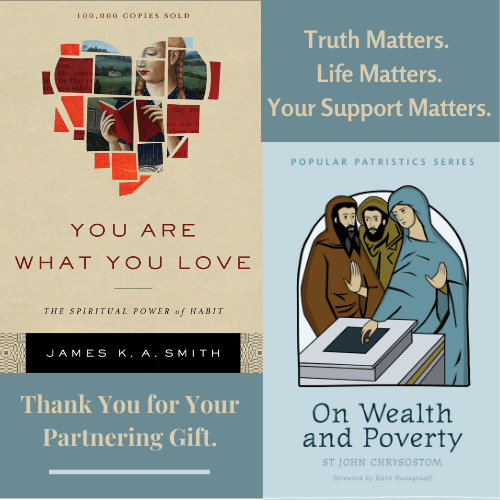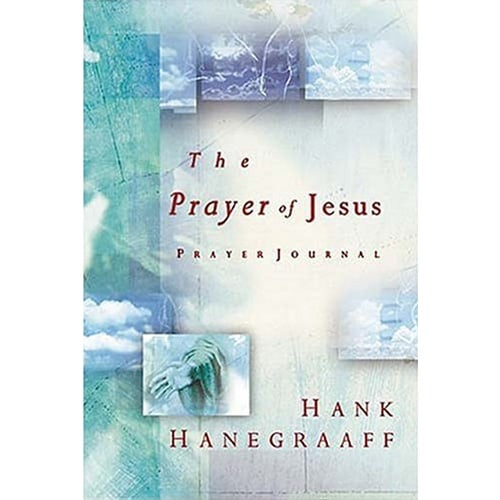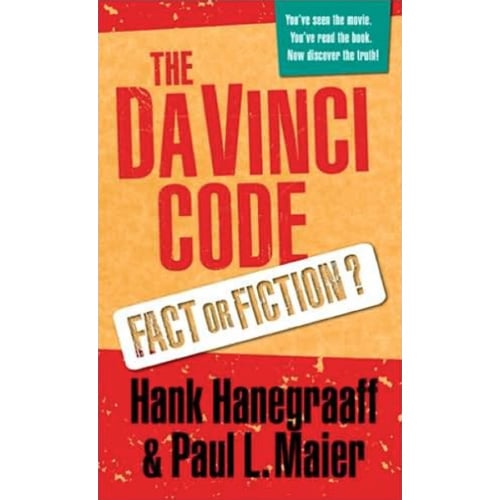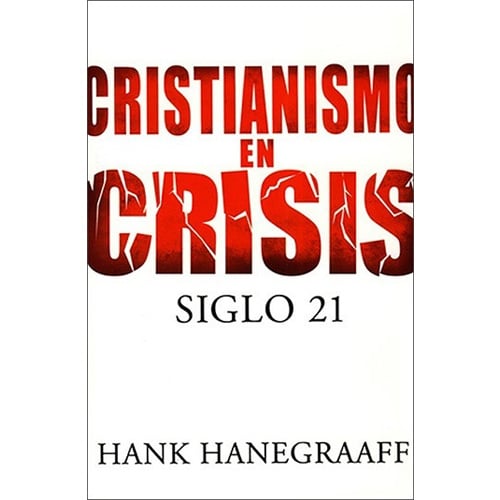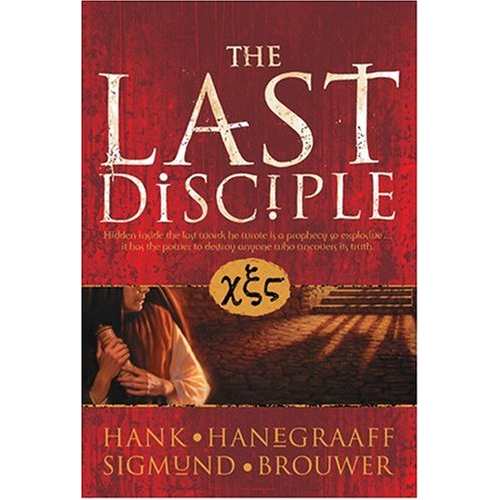CRI November 2020 Resource
In an age of rampant and often blind consumerism, where our treasure is and what we do with our
resources matter — eternally. Please send the items listed below to continue CRI’s vital work of equipping fellow believers to think and live Christianly and to deeply understand what constitutes true wealth.
Description
Description
On Wealth and Poverty
by St. John Chrysostom
From the Foreword — by Hank Hanegraaff
“In this literary pearl, St. John Chrysostom takes Christ’s famed parable of the rich man and Lazarus and attempts to plumb its immeasurable riches — knowing all the while that ‘no one will be able to empty all its wealth. Such is the nature of this abundance: the deeper you dig, the more divine thoughts will gush forth, for it is a never-failing spring.’”
From Chrysostom’s six sermons on Lazarus and the rich man
“So you must think about the life to come. As one dream is to a hundred years, so the present life is to the future life; or rather the difference is much greater. As a little drop is to the boundless sea, so much a thousand years are to that future glory and enjoyment.”
On mercy and generosity
“It is not the same thing to see a poor man once or twice and pass him by, as to look at him every day and not be
aroused by the persistent sight to mercy and generosity. Again, it is not the same thing for one who is troubled in
his heart by misfortune and distress not to help his neighbor, as for one who enjoys such happiness and continuous
good fortune to neglect others who are wasting away with hunger, to lock up his heart, and not to be made more
generous by his own joy.”
Then and now
“You saw Lazarus then at the gate of the rich man; see him today in the bosom of Abraham. You saw him licked by
dogs; see him carried in triumph by the angels. You saw him in poverty then; see him in luxury now. You saw him
striving in contest; see him crowned with victory. You saw his sufferings; see his recompense, both you who are
rich and you who are poor: the rich, to keep you from thinking that wealth is worth anything without virtue; the
poor, to keep you from thinking that poverty is any evil.”
What could be poorer than this poverty?
“Often indeed one of those who are rich in this life turns out to be the poorest of all in the other life, even like this
rich man. For when the evening took him, that is to say death, and he departed from the theater of the present
life, and put aside his mask, he was received as the poorest of all in that other world; so poor indeed that he was
not master even of a drop of water, but had to beg for this and did not even obtain it from begging. What could be
poorer than this poverty?”
Remember this without fail
“If you cannot remember everything, instead of everything, I beg you, remember this without fail, that not to share
your own wealth with the poor is theft from the poor and deprivation of their means of life; we do not possess our
own wealth, but theirs.”
You Are What You Love:
The Spiritual Power of Habit
by James K.A. Smith
From the cover
YOU ARE WHAT YOU LOVE.
BUT YOU MIGHT NOT LOVE WHAT YOU THINK.
“What do you love? is the most important question of our lives. With his characteristic ease, energy, and insightfulness, Smith explores in this compelling book not only what it is that we should love but also how we can learn to love what we should.”
— Miroslav Volf, Yale Divinity School
Our modern blinders: Reading the Bible with Cartesian eyes
“We’ve become so used to reading the Bible with Cartesian eyes — seeing the world through Descartes’s ‘I think,
therefore I am’ lens — that we see it confirming our intellectualism and thinking-thingism. But on a closer reading,
when we set aside those uniquely modern blinders, we’ll find a very different model assumed in the Scriptures…
In fact, Paul’s prayer (Phil. 1:9–11) is the inverse: he prays that their love might abound more and more
because, in some sense, love is the condition for knowledge. It is not that we know in order to love, but rather: I love
in order to know…
There is a very different model of the human person at work here. Instead of the rationalist, intellectualist model
that implies ‘You are what you think,’ Paul’s prayer hints at a very different conviction: ‘You are what you love.’”
You are what you worship
“If you are what you love, and your ultimate loves are formed and aimed by your immersion in practices and cultural
rituals, then such practices fundamentally shape who you are….At stake in the formation of your loves is your
religious and spiritual identity, which is manifested not only in what you think or what you believe but in what you do
— and what those practices do to you. In order to appreciate the spiritual significance of such cultural practices, let’s
call these sorts of formative, love-shaping rituals ‘liturgies.’ It’s a bit of an old, churchy word, but I want to both revive
and expand it because it crystalizes a final aspect of this model of the human person: to say ‘you are what you love’
is synonymous with saying ‘you are what you worship.’ … We become what we worship because we worship what
we love. It’s not a question of whether you worship but what you worship — which is why John Calvin refers to the
human heart as an ‘idol factory.’ We can’t not worship because we can’t not love something as ultimate.”
‘Excarnation’: Disembodying the Christian faith
“One of the unintended consequences of the Protestant Reformation was a disenchantment of the world. Critical
of the ways such an enchanted, sacramental understanding of the world had lapsed into sheer superstition, the
later Reformers emphasized the simple hearing of the Word, the message of the gospel, and the arid simplicity of
Christian worship. The result was a process of excarnation — of disembodying the Christian faith, turning it into a
‘heady’ affair that could be boiled down to a message and grasped with the mind.”
Additional Info
Additional information
| November 2020 Resource | On Wealth and Poverty, You Are What You Love: The Spiritual Power of Habit, On Wealth and Poverty -AND-You Are What You Love |
|---|
